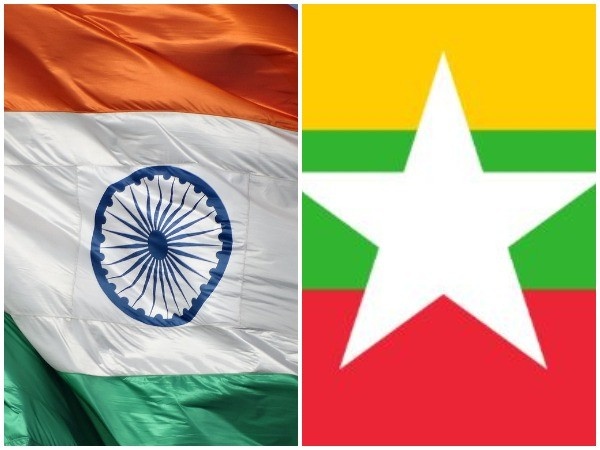New Delhi [India], July 2 (ANI): India and Myanmar pioneered a new bilateral trade payment system as the Yangon office of Punjab National Bank on Tuesday completed the first transaction exceeding Rs 1 crore for a shipment of pulses under the Rupee-Kyat Settlement Mechanism.
The initiative aims to streamline trade transactions between India and Myanmar, enhancing efficiency by eliminating complexities associated with exchange rates through direct payment in local currencies.
The Central Bank of Myanmar introduced guidelines for payment procedures via the Special Rupee Vostro Account (SRVA) on January 26 this year. The mechanism covers both sea and border trade, encompassing transactions for goods and services.
The Indian Embassy in Yangon said on X, “Rupee-Kyat trade settlement mechanism is operational now. The first transaction of over INR 1 cr of pulses export was successfully executed by Yangon office of @pnbindia today. We encourage businesses on both sides to benefit from the mechanism. @DoC_GoI @PiyushGoyal @MEAIndia”.
The Global New Light of Myanmar, a Myanmar-based daily reported on May 3 that Consumer Affairs Secretary Nidhi Khare discussed the price fluctuation of pulses with the Indian Mission in Yangon in light of volatile exchange rates and stocks held by traders. This payment mechanism was officially announced on 13 April.
The rupee-kyat settlement mechanism can be done through the Punjab National Bank when Indian traders import pulses from Myanmar.
Banks from several countries have opened special Rupee Vostro accounts in Indian banks to trade in local currencies. Simply put, Vostro accounts enable domestic banks to provide international banking services to clients who have global banking needs.
The Reserve Bank of India last year put in place an arrangement allowing transactions in domestic currencies to promote the growth of global trade with an emphasis on exports from India and to bring an interesting interest towards the Rupee. (ANI)












